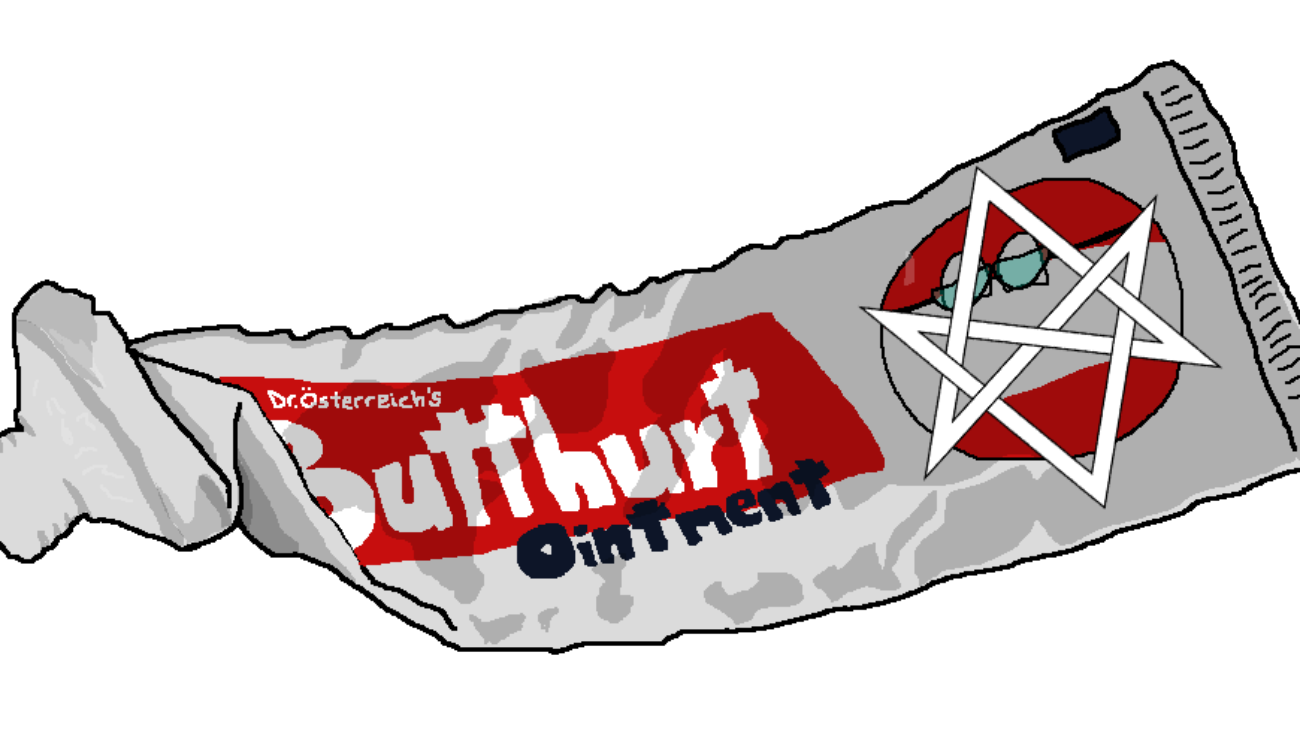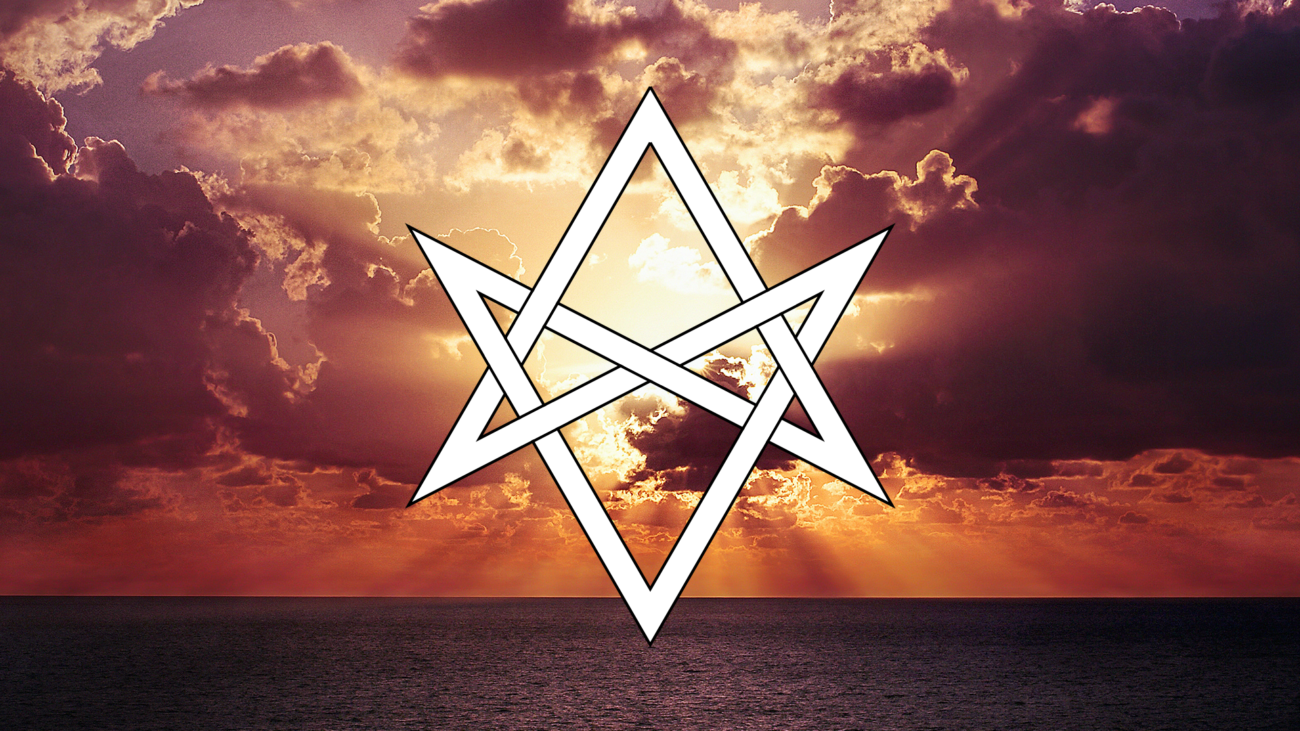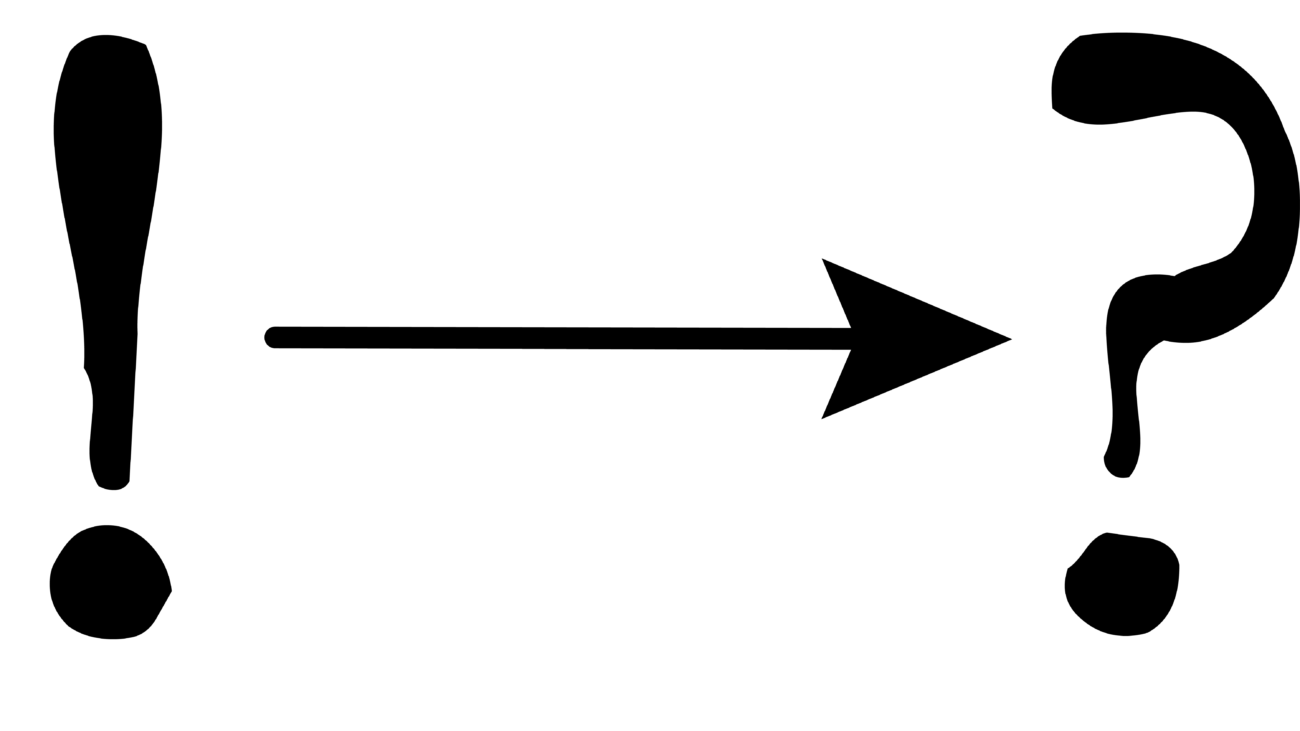The purpose of going back to Crowley isn’t to generate a Thelema that everyone is going to agree with. Nor is it done out of some abstract longing for a “return to tradition,” whatever that is. The purpose of a first principles approach is to generate new, more monstrous forms of Thelema with which to attack Consensus Thelema.
Consensus Thelema’s Source
There’s an empirical, experiential side to Crowley, and there’s a philosophical side to Crowley.
The empirical, experiential side basically comes from his experiments doing magic and meditation. They’re his visions and the Class A texts.
The philosophy consists in the conceptual framework he fits those mystical-magical insights into. That framework was established in his mind by 1901 and didn’t change much throughout his life. It’s a form of holistic monism informed by Lurianic Kabbalah.
One of the component memes of Consensus Thelema is an emphasis on the empirical, experiential side over the theoretical, philosophical side. It’s an emphasis on individual experience and interpretation over and against the theoretical. What Crowley himself thought matters less than what the individual personally takes things to mean.
My comment is that Consensus Thelema has virtually nothing to do with mystical-magical experience. It comes straight out of the intellectual framework.
That doesn’t mean that Consensus Thelema is identical with Crowley’s philosophy. Crowley’s picture of reality was more complex and less reductionistic than Consensus Thelema. Rather, the nihilism at the heart of Consensus Thelema is (historically speaking) a frequent consequence of the metaphysics Crowley adhered to.
Erotic Liberation vs. Holistic Monism
These two “foundations” of Thelema do not always coexist peacefully and at times seem to be in tension with one another or even contradict one another.
Consensus Thelema: The Reactions
It’s been a couple weeks now since I published, “What is Consensus Thelema?” and I thought I’d share some of the reactions I got to it.
Transcending Self-Authorization
Could we have avoided the excesses of Consensus Thelema if Crowley had not framed the religious experience in terms of Self?
Looking beyond Consensus Thelema
A brief sketch of how I think Consensus Thelema should be reformed.
From Thelema to Consensus Thelema
It’s one thing to decide you don’t want to establish a state religion. All considerations of Thelemic or any religious orthodoxy aside, that’s a lesson humanity has learned from the experience of history. But it’s quite another thing to replace your religion’s defining beliefs with an empty space or a question mark.





